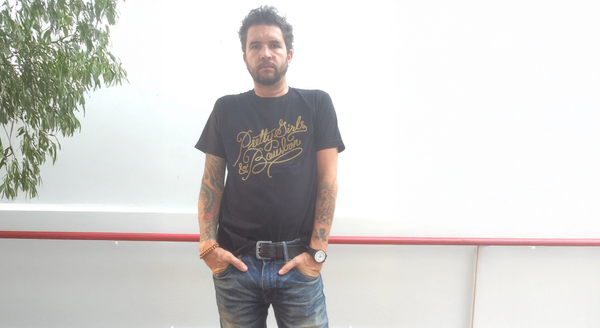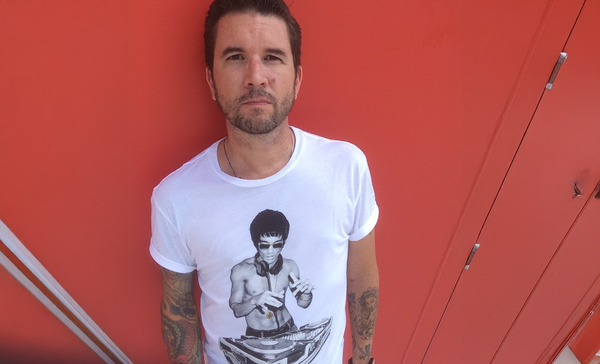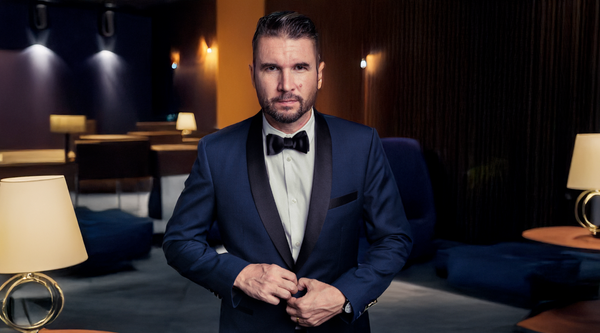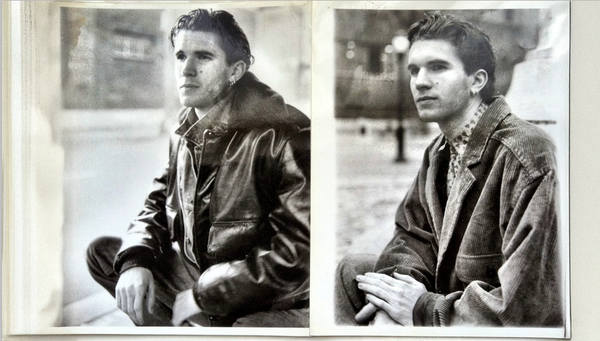When Did We All Start Writing Like We’re Afraid of Full Sentences?
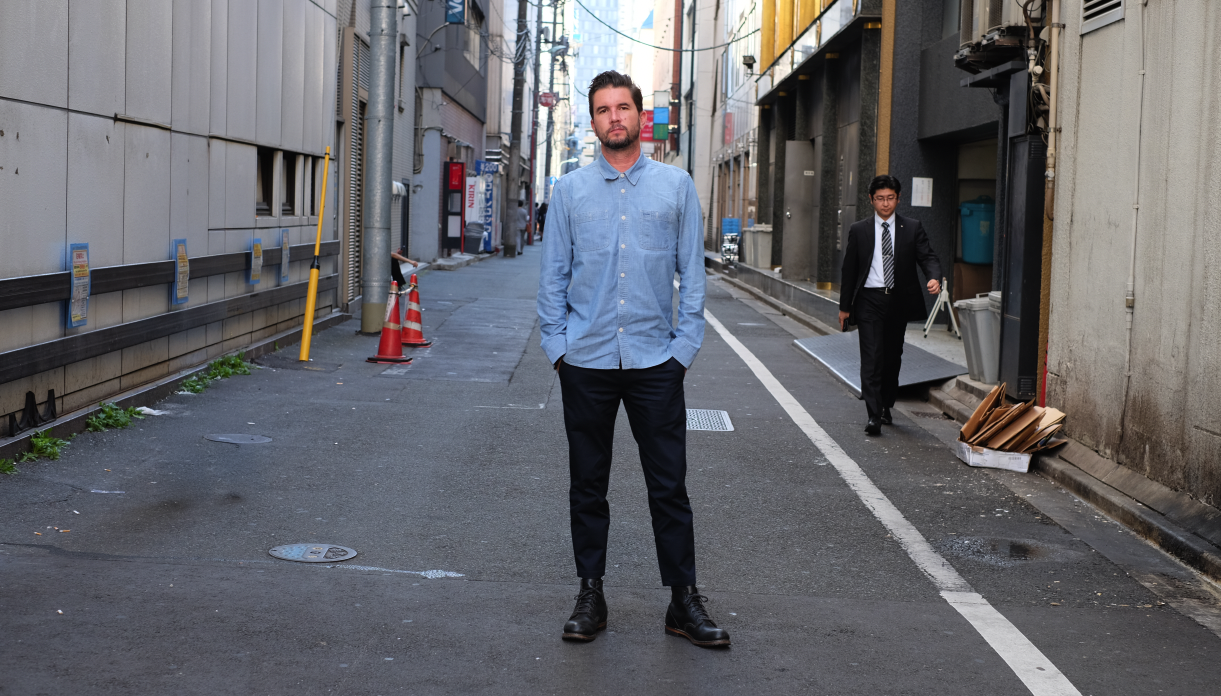
💬 A journey.
🧭 A purpose.
🌊 A calling.
🙋♂️ Call me Ishmael.
📉 Things weren’t going great.
🚢 So I went to sea.
👨🔧 Just a humble sailor chasing something…
🐋 Something big.
I mean… are we joking?
I scroll through LinkedIn these days, and I see senior professionals, agency leaders, strategists, brand experts, writing like they’re performing for a kindergarten class with attention issues. (which might just be the case). One-sentence thoughts. Line breaks like it’s poetry. Emojis replacing actual punctuation. No structure. No depth. No voice.
These are people with degrees, portfolios, and decades of experience. People who’ve written client decks, strategy documents, and manifestos. And now they’re communicating like they’ve forgotten how paragraphs work.
When did we decide to dumb everything down?
🧠 A big idea.
🔥 A bold take.
✨ A sprinkle of emojis.
💡 A single sentence per line.
🪄 Transformation achieved.
🚀 You’re welcome.
It’s not just annoying. It’s dangerous.
What we’re seeing isn’t clarity. It’s the creative equivalent of baby food: pre-chewed, flavorless, optimized for the algorithm, not for the audience.
We’re not writing to connect. We’re writing to convert. Not to explore an idea, but to “hack engagement.” Not to share a point of view, but to “trigger the dopamine.” And what’s worse, many of us have convinced ourselves this is modern thought leadership.
It’s not. It’s just a race to the bottom of the attention economy.
We talk a big game about storytelling. About ideas that move people. About building brand worlds and emotional connections. But here we are, afraid of complete sentences. Afraid of depth. Afraid of tone. Fearful of being skipped in the scroll.
If you can’t write a paragraph that holds someone, why should I trust you with a brand narrative? Or a campaign? Or a strategy?
This isn’t about being precious. It’s about craft. And we’ve started treating writing like it’s a craft that doesn't matter anymore.
This isn’t nostalgia. It’s a call to raise the bar, or maybe just return it to its expected level.
Not everything needs to be a long-form essay. But if your job is to communicate, maybe take the act of communication seriously.
The real problem isn’t the one-sentence post structures. It’s the fact that people who should know better are lowering their standards to match a platform, instead of elevating the platform with their standards. You’re a professional communicator. You’ve built brands. Led teams. Presented to boards. Now you’re writing like a LinkedIn bro with a ChatGPT plugin?
We can do better. Some of us still read. Some of us still care. And some of us still believe that words are worth more than likes.
You have a master’s degree. Your audience makes decisions worth millions. Maybe treat them accordingly.
Why are we doing this? Simple answer? Because it works. Or at least, it looks like it does. Posts written in this chopped-up, emoji-laden style perform.
They rack up impressions. They trigger dopamine. They’re frictionless. They ask nothing of the reader but a thumb flick and a nod.
1. The Algorithm Has Become the Editor
We’re no longer writing for humans. We’re writing for LinkedIn’s distribution model. And that means gaming the system with tricks: short lines, emojis, empty space. Not because it’s better but because the algorithm likes it. The platform rewards form over substance, and professionals have adjusted accordingly.
2. We’re All Addicted to Reaction Metrics
Likes have replaced feedback. Comments have replaced conversation. In a world where “engagement” has become the primary currency, thoughtful writing feels like a risky investment. Why wrestle with a complex idea when a tidy soundbite gets applause?
3. Fear of Being Ignored
God knows I deal with this all the time. I spend the time to construct what I believe is a well-structured, thoughtfully considered argument or opinion piece, and am surprised when I see that it has reached only my wife and a dozen or so friends.
There’s a quiet desperation in professional spaces now. A fear that if we don’t simplify, flatten, shout louder, or fit the format, we’ll vanish. So people default to whatever keeps them visible, even if it costs them their voice.
4. The Rise of Template Thinking
We are in the era of content templates. Everyone is chasing the “Top 5 Tips” format, the “I failed, but then I won” arc, the viral post recipe. Brilliant people are outsourcing their style to whatever they think might go viral.
5. AI and the Flattening of Voice
Ironically, AI tools, used poorly, have accelerated this sameness. We’re seeing an endless parade of regurgitated phrasing, synthetic enthusiasm, and prompts-to-post pipelines. What should be tools for expression have become short cuts for conformity.
We are mistaking visibility for value. We are mistaking format for thinking. We are watching an entire generation of communicators, people who once cared about story, nuance, tone, trade in their pens for engagement hacks.
So here’s my challenge.
To the strategists, the creatives, the brand builders, the writers, especially the ones who once stayed up late obsessing over tone, cadence, and structure, I’m asking you to write like it matters again.
Not because it might go viral. Not because it fits the current format. But because what you have to say is actually worth saying. And I want to read what you have to say, and learn from it.
We need to stop treating language like it’s just packaging. Stop treating our audiences like they’re a demographic to game. And stop treating ourselves like content creators chasing crumbs of engagement.
We are communicators. That’s the job. And communication - real, thoughtful, crafted communication - isn’t just a skill. It’s a responsibility. So don’t dumb it down. Don’t break it apart until it’s unrecognizable. Don’t surrender your voice to the format.
Raise the bar. Or if that feels too lofty, at least return it to where it used to be. Because some of us are still reading, and we’re starving for writing that respects our attention, our intelligence, and our time.
Let’s not disappear into the algorithm. Let’s write like we still believe writing matters.

Postscript: A note to Ryan Roslansky, CEO of LinkedIn:
This isn’t your fault. But it is your opportunity.
You lead a platform filled with some of the sharpest minds in business, strategy, and creative leadership. And yet, the algorithm your product team built now quietly discourages depth, punishes nuance, and rewards the lowest-effort, highest-friction formats.
You could change that.
You could signal that thoughtful writing still matters. That structure, voice, and clarity are worth rewarding. That professional communication doesn’t need to be stripped of complexity to be seen.
Your teams have built the world’s largest professional network.
You could also rebuild it into the world’s most thoughtful one.
Please consider it.
Thanks for being here. I love the power of words. And I try to use as many as I can to get the idea across. Or as little as possible if I am hungry. Plus you might not see future articles thanks to the Big LinkedIn Algorithm Visibility Lottery of 2025. So if you appreciate the power of words, ideas, and don't mind reading a bit, I have a newsletter that I think is getting better over time.
